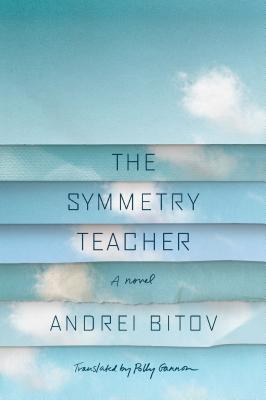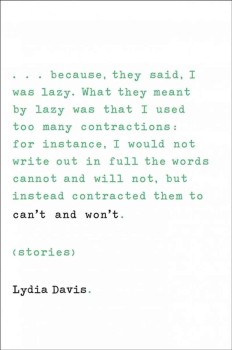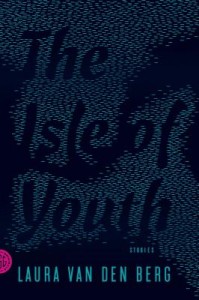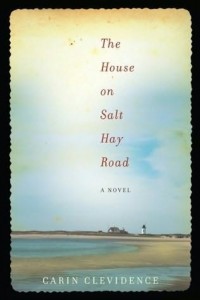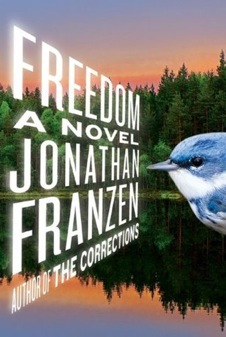Apollo in the Grass: Selected Poems, by Aleksandr Kushner
In the introduction to their forthcoming translation of Apollo in the Grass: Selected Poems, by Aleksandr Kushner, Carol Ueland and Robert Carnevale write that “translators simply have to admit that most of the music of most all lyric poetry, and most of its phenomenal presence, stay at home, in the native tongue. But ‘music of language’ is a metaphor.” Ian Singleton examines how this claim plays out in their translation of Kushner’s poetry.




